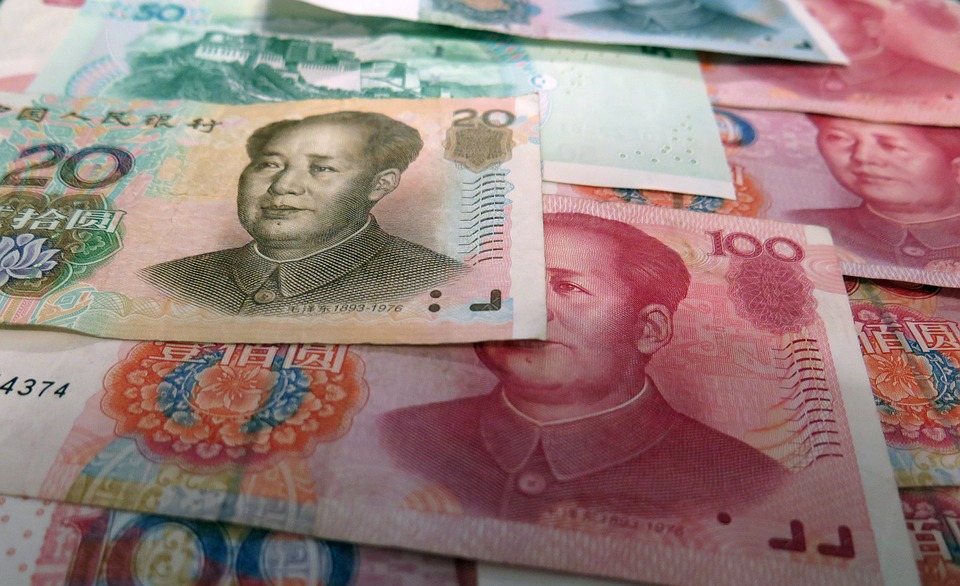However, the growth rate did not slow down as much as it could in the absence of government incentives. In June, there was a revival in the infrastructure and manufacturing sectors. Investments in the first grew by 5.8% year-on-year after rising 5.6% in May, and industrial production increased by 6.3% against 5.3% a month earlier.
A decrease in income tax and other payments at the beginning of the year supported consumer spending. Retail sales rose 9.8% in June from 8.6% a month earlier. The index looks encouraging, but behind it seems to be hiding the increased concern of the Chinese regarding stability of earnings and job security, said Iris Pang, an ING economist for China. People began to travel less to other countries, which, in particular, is evidenced by a fall in the cost of goods, usually bought abroad. However, the Chinese are now buying them at home, Pang points out. Thus, the cost of cosmetics, which is usually purchased in duty-free stores at airports, rose in June in China by 22.5%. “We expect retail sales in China to continue to grow at a good pace, albeit for the wrong reasons,” Pang writes in a report.
Good performance in the domestic market is supporting statements of the Chinese government that the economy is stable enough to endure a long trade war with the United States, said Zhou Hao, an analyst at Commerzbank.
Nevertheless, some analysts believe that improvement in indicators noted in June will not last long, and Beijing will have to apply additional incentives to the economy this year. “We expect a significant increase in support around Q4, when the country's leaders will again make economic growth a top priority. They can lower interest rates to support the real estate sector, soften regulation to increase infrastructure investments, and take steps to encourage consumer durable goods, such as cars and household appliances,” says Larry Hu, an economist at Macquarie Bank.
source: ft.com
A decrease in income tax and other payments at the beginning of the year supported consumer spending. Retail sales rose 9.8% in June from 8.6% a month earlier. The index looks encouraging, but behind it seems to be hiding the increased concern of the Chinese regarding stability of earnings and job security, said Iris Pang, an ING economist for China. People began to travel less to other countries, which, in particular, is evidenced by a fall in the cost of goods, usually bought abroad. However, the Chinese are now buying them at home, Pang points out. Thus, the cost of cosmetics, which is usually purchased in duty-free stores at airports, rose in June in China by 22.5%. “We expect retail sales in China to continue to grow at a good pace, albeit for the wrong reasons,” Pang writes in a report.
Good performance in the domestic market is supporting statements of the Chinese government that the economy is stable enough to endure a long trade war with the United States, said Zhou Hao, an analyst at Commerzbank.
Nevertheless, some analysts believe that improvement in indicators noted in June will not last long, and Beijing will have to apply additional incentives to the economy this year. “We expect a significant increase in support around Q4, when the country's leaders will again make economic growth a top priority. They can lower interest rates to support the real estate sector, soften regulation to increase infrastructure investments, and take steps to encourage consumer durable goods, such as cars and household appliances,” says Larry Hu, an economist at Macquarie Bank.
source: ft.com





